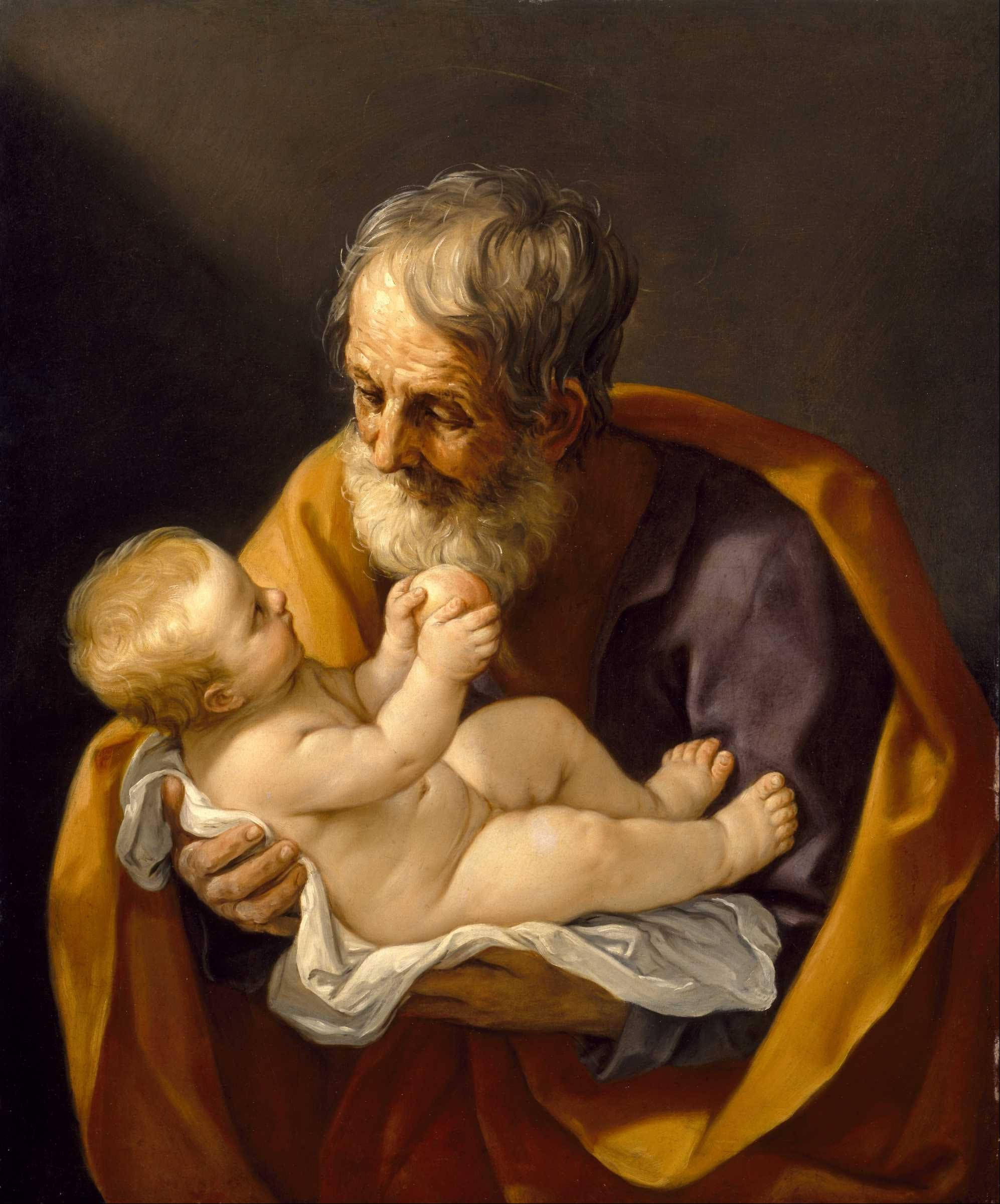Masterly crafted in the form of a play, The Battle of the Virtues and Vices, penned by Pope Saint Leo IX, reveals the ancient battle of virtue and vice through personification. Here, he describes Hatred as black and turbulent clouds and Love, as a rose-colored cloud that conquers Hatred.
The Characters Enter the Scene
The next two characters who arrive one the scene are the vice of Hatred and the virtue of Love. Both of these have the form of clouds. That cloud of Hatred is black and turbulent. Alternately, gusts of chilling cold and searing heat gush forth from it. Love, on the other hand, is a rose-colored cloud, with a steady glow of radiant light coming from deep within it. This light illuminates its surroundings and suffuses everything upon which it falls with an iridescent shimmer, imparting a remarkable beauty to all to which it comes close.
The black cloud of Hatred speaks first in a tone of menacing thunder. It says:
O Soul, it is absurd for you to love the person who opposed you in all things! It is ridiculous to say that you love those who berate and insult you, who unjustly thwart your efforts, who accuse you falsely, and who arrogantly put themselves ahead of you in all that they say and do. Would they treat you like this if they cared anything at all for you? Indeed, unless they had complete contempt for you, they would not act in this way towards you! And are you now expected to love them? Don’t even think about it!
But a gentle and harmonious voice then emanates from the radiant and roseate cloud of Love. It refutes the suggestions of Hatred in the following terms:
O Soul, it is true that, on a purely human level, the things you describe are hard to love, and I cannot pretend that even I, who am Love itself, like to experience them! Nevertheless, does that mean that I should cease to love the true image of God, which each and every human being bears? Christ Himself, as He underwent the torments of the cross, did not cease to love his enemies, who tortured and killed him. And even before this, He had given us a commandment: “Love your enemies, and do good to those who hate you. Pray for those who insult and calumniate you, and then you shall be truly sons or daughters of your Father who is in heaven.”
And the wise king Solomon, who is later quoted by Paul, advises us, “If your enemy is hungry, supply him with food, and if he is thirsty, then give him something to drink. In this way, you shall pour hot coals upon his head!” And the apostle Paul also exhorts us, “Do not be conquered by evil, but rather overcome evil by doing good.” The apostle Saint John likewise issues a dire warning against those who nurture hate within their hearts, speaking thus, “Whoever hates his brother is a murderer! And you know that no murderer can have within himself eternal life.” And in another place, he writes, “Whoever hates his brother walks in the darkness, and abides in the darkness; and such a person does not know where he is going, for the darkness has rendered his eyes blind and unseeing.” What a pernicious and perilous poison is hate! And its only effective antidote is its opposite and antithesis, love.
But you may object, saying, “Surely, it suffices if I love those who love me!” Note that Our Lord Himself explicitly contradicts this point of view. For He says, “If you love those who love you, what reward can you expect? For even the tax-collectors do as much!” These words are very clear and there is no room for error or misinterpretation—we must love all of our brothers and sisters, not only those who love us. Why? Because Christ has commanded us thus! And it is not to be doubted that “whoever hates his brother remains in death; but whoever loves them abides in God, and God abides in him.”
O Soul, strive to vomit forth the foul and bitter gall of hatred and animosity which now ferments within you! Instead, drink deeply of the sweet nectar of charity, of love for all human beings—or rather, love of the image of God which exists in each and every human soul. Nothing is more sweet and delightful than love, nothing is more truly blessed than charity. For “God is love,” as Saint John declared. And the illustrious preacher to the nations, Saint Paul, said that “the love of God is suffused into our hearts, through the Holy Spirit which is given unto us.”
Hence it is that love is said to cover up a multitude of sins. And, accordingly, it is wisely and veraciously written: “Charity can cover up any offence.”
ooo
This article is taken from a chapter in The Battle of the Virtues and the Vices: Defending the Interior Castle of the Soul by Pope Saint Leo IX which is available from TAN Books.









